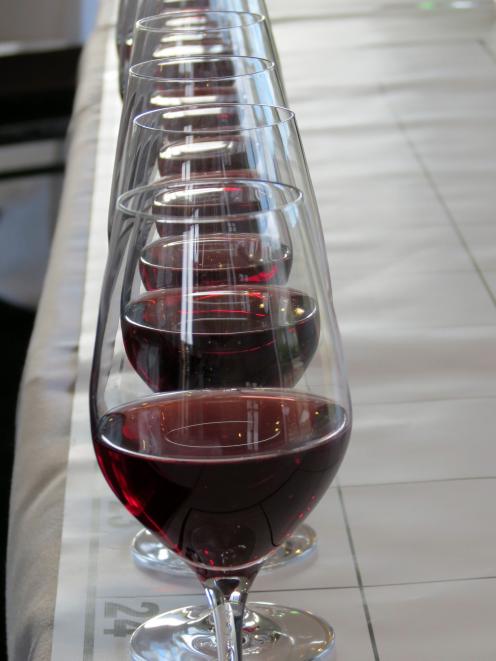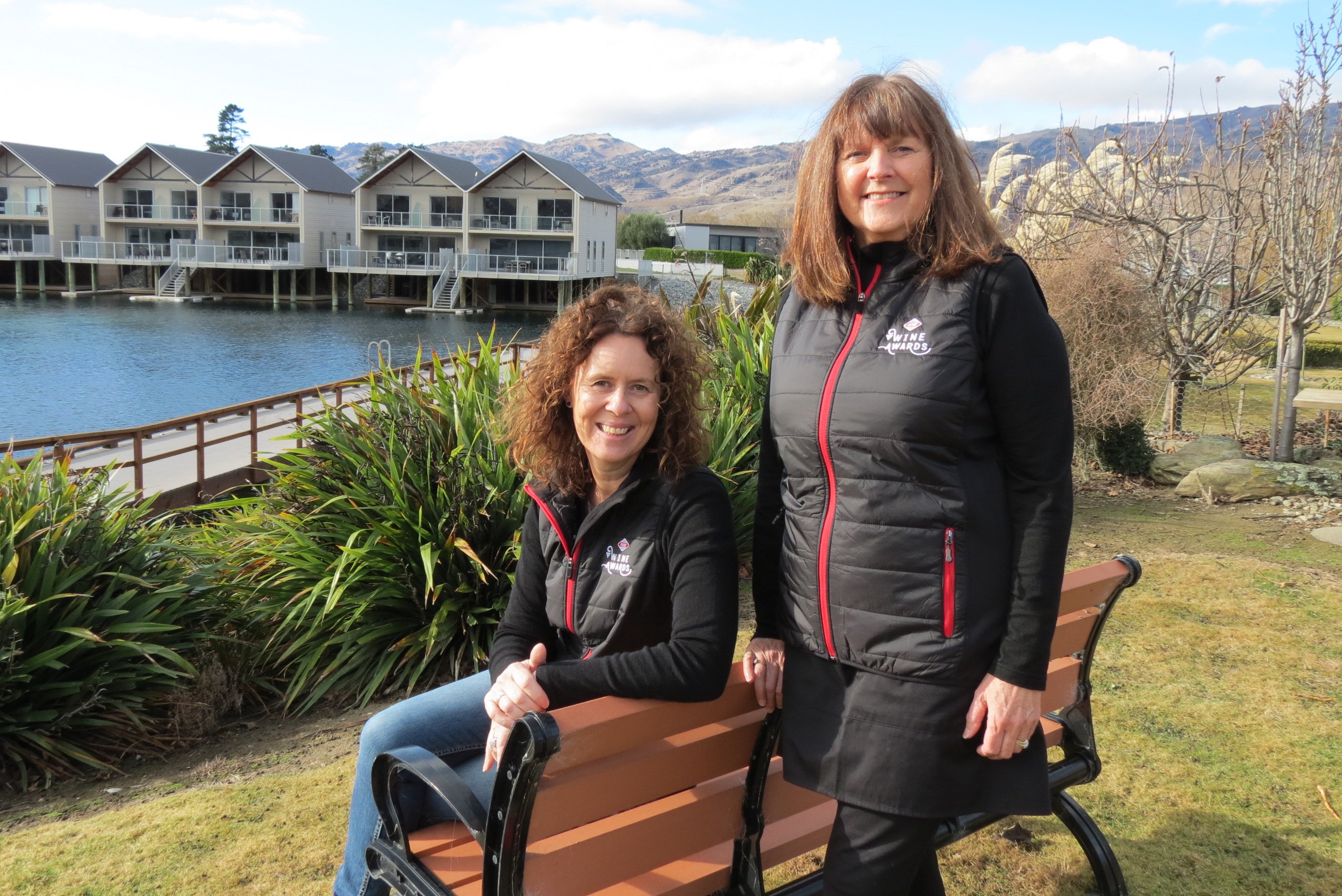
Yvonne O’Hara talks to the Central Otago judges about the challenges of finding a good wine.
Pouring 333 glasses of wine from 111 paper-bag-covered bottles of Central Otago and Canterbury wines in one day is no easy feat.

Nearly half of the field was made up of pinot noir, a class that Central Otago-grown wines regularly dominates.
Foodstuffs head of corporate affairs Antoinette Laird said traditionally entries were shipped to Wellington for judging but this year, because of Covid-19 restrictions, the process had been held in Central Otago, Hawke’s Bay and Marlborough.
To ensure the judging was a true blind tasting, judges were not allowed to see anything on the bottle which could give them a hint of its identity.
Visiting reporters were asked to not wear perfume or aftershave, avoid eating garlic or chilli the night before and not ask questions that might give hints about the entries.
Masters, who has judged for more than 30 years, said he had been pleasantly surprised by how good the wines had been.
"It is a reflection of the industry overall. Judging was about working together as a team and learning and building your awareness of wines.
"You can never taste too many wines and your own [wines] benefit from that."
Cross, who has judged wines for 15 years, said the season so far had been good, although the summer and autumn had been cooler and settled.
"As wine-makers we need to be aware of the trends and styles out there.
"With Covid-19, harvesting and wine-making brought a bit of normality to every day... We were working and focusing on wine and it was nice not to have to think about anything else."

"For me, wine tasting and judging with more experienced wine-makers means learning more of the vernacular; how to describe them and how to present arguments to people who have different perspectives."
"During lockdown we were away from the outside world," said Parr, who has judged wines for eight years.
"In some ways we had a more thoughtful contemplation and spent more time thinking about making the wine.
"We had a great sense of purpose and we felt fortunate as we wanted to create something special, more meaningful and we found something beautiful in chaotic times."
Cross said some of the most memorable wines reflected the times, places and the occasions when they had been drunk.
"It is about people sharing with people they care about."
Once the judging is complete, the bottles are sent to Auckland to undergo a second round of scrutiny.
The results will be released in October.












